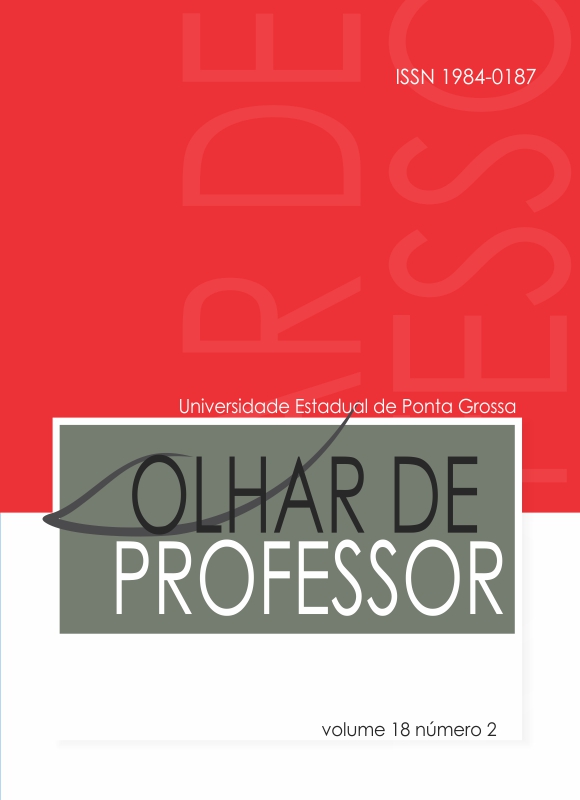LOS TRABAJOS PARA CASA: PERSPECTIVAS DE PADRES, ALUMNOS Y PROFESORES. UN ESTUDIO DE CASO
Main Article Content
Abstract
Resumen: En este trabajo se analizan prácticas relativas a los trabajos para casa (TPC) en los tres momentos de su desarrollo: (i) prescripción por el profesor en el aula, (ii) realización del alumno en casa y (iii) verificación y corrección en el aula. Los TPC se desenvuelven en dos contextos distintos: escuela y entorno familiar e implican a tres actores distintos: profesores, alumnos y padres, por lo que el objetivo principal de este estudio es comprender mejor las opiniones de cada uno de estos colectivos respecto a esta práctica pedagógica. Se han obtenido datos a partir de la realización de entrevistas y tres cuestionarios adaptados de Antunes (2012), Pires (2012) y Simão et al. (2012) dirigidos a padres (n=62), alumnos (n=81) y profesores (n=4) de tres niveles educativos: 2º, 3º y 4º año del primer ciclo de educación primaria (ensino básico). El análisis de los datos indica la existencia de prácticas tradicionales en la prescripción de los TPC que impiden que se aprovechen al máximo las potencialidades para el aprendizaje de esta herramienta educativa. En la última parte del trabajo se identifican las áreas de mejora detectadas en el estudio y se incluyen una serie de recomendaciones referidas a aspectos como frecuencia, autorregulación, tipo de tareas, participación parental, corrección y evaluación.
Downloads
Article Details
Authors who publish in this journal agree with the following terms:
a) Authors keep the copyrights and concede the right of its first publication to the magazine. The work piece must be simultaneously licensed on the Creative Commons Attribution License which allows the paper sharing, and preserves both the author identity and the right of first publication to this magazine.
b) Authors are authorized to assume additional contracts separately, to not-exclusively distribution of the paper version published in this magazine (e.g.: publish in institutional repository or as a book chapter), with the author identity recognition and its first publication in this magazine.
c) Authors are permitted and stimulated to publish and distribute their papers online (e.g.: in institutional repository or on their personal webpage), considering it can generate productive alterations, as well as increase the impact and the quotations of the published paper.
d) This journal provides public access to all its content, as this allows a greater visibility and reach of published articles and reviews. For more information on this approach, visit the Public Knowledge Project, a project that developed this system to improve the academic and public quality of the research, distributing OJS as well as other software to support the publication system of public access to academic sources.
e) The names and e-mail addresses on this site will be used exclusively for the purposes of the journal and are not available for other purposes.

This work is licensed under a Creative Commons Attribution 4.0 International License.





